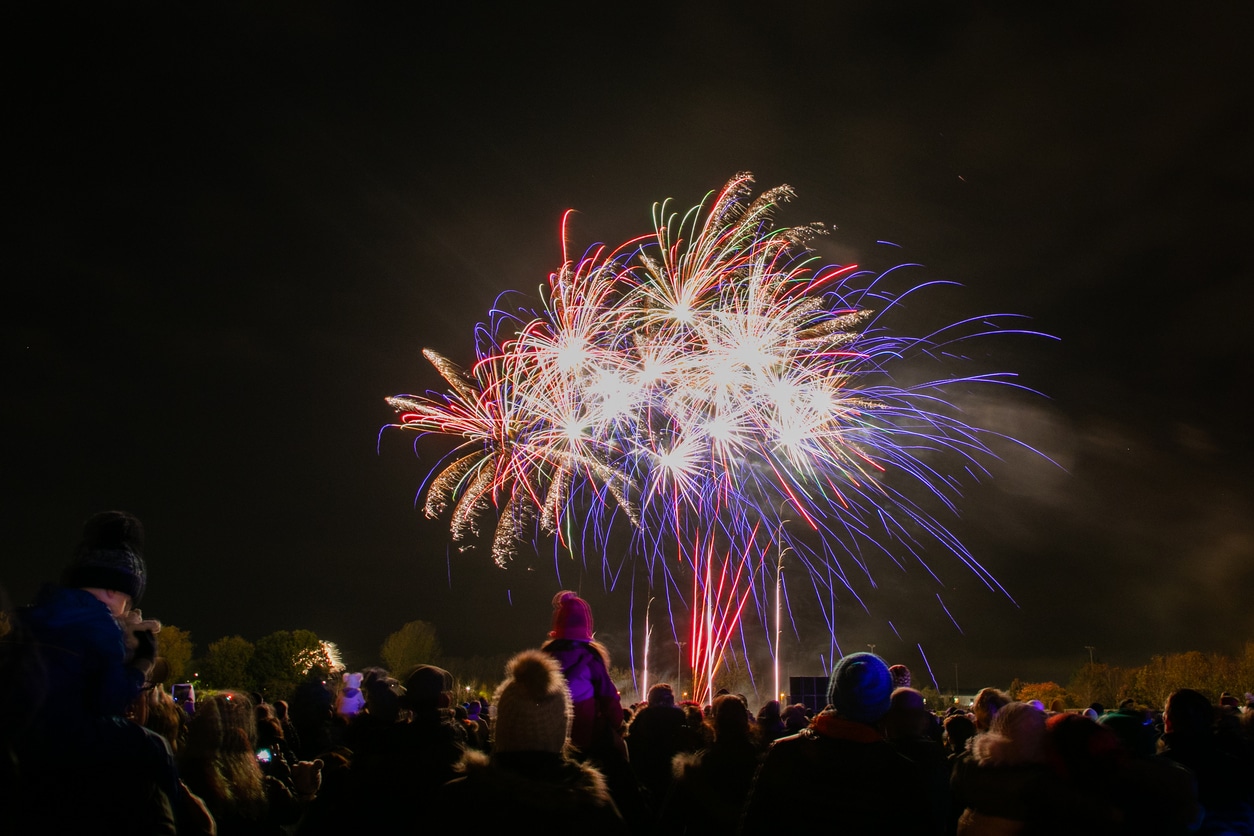Fireworks are a signature part of Independence Day celebrations. While those dazzling displays are fun, they come with bursts of noise loud enough to damage your hearing.
Whether watching a citywide display or lighting sparklers in your backyard, taking a few simple steps to protect your ears can go a long way toward preserving your hearing health.
How Fireworks Harm Your Hearing

Tiny, delicate hair cells inside your ears send sound to your brain. These cells don’t grow back once they’re damaged, and exposure to loud noise can destroy them.
Even short bursts of intense sound can leave you with temporary symptoms like ringing in your ears (tinnitus) or muffled hearing. Over time, repeated exposure can lead to permanent hearing loss. Fireworks can produce as much as 150 decibels (dB) of noise—that’s loud enough to cause instant hearing damage.
Five Ways to Protect Your Hearing
Taking care of your ears doesn’t mean missing out on the fun. Try these simple tips to enjoy the Fourth while protecting your hearing:
- Use ear protection. Foam or silicone earplugs or noise-reducing earmuffs can dramatically lower the volume of loud sounds.
- Watch from a distance. Sound intensity drops the farther you are from the source. Aim to stay at least 150 feet away from aerial fireworks and 35 feet from ground-based ones.
- Limit your exposure. Step away from the noise every 15–20 minutes to give your ears a break. These short listening breaks help reduce your overall exposure to loud sounds.
- Choose quieter celebrations. If you’re sensitive to noise or have young children, consider watching fireworks from indoors or celebrating with glow sticks and yard games.
- Turn down the volume elsewhere. Keep the volume low if you’re playing music or using speakers during your celebration. Layering loud music over fireworks can double the risk of hearing damage.
If you notice ringing, buzzing or muffled hearing after a fireworks show, it could be a sign your ears need attention. Contact Advantage ENT & Audiology to schedule a hearing evaluation with one of our specialists. Early detection can make all the difference.